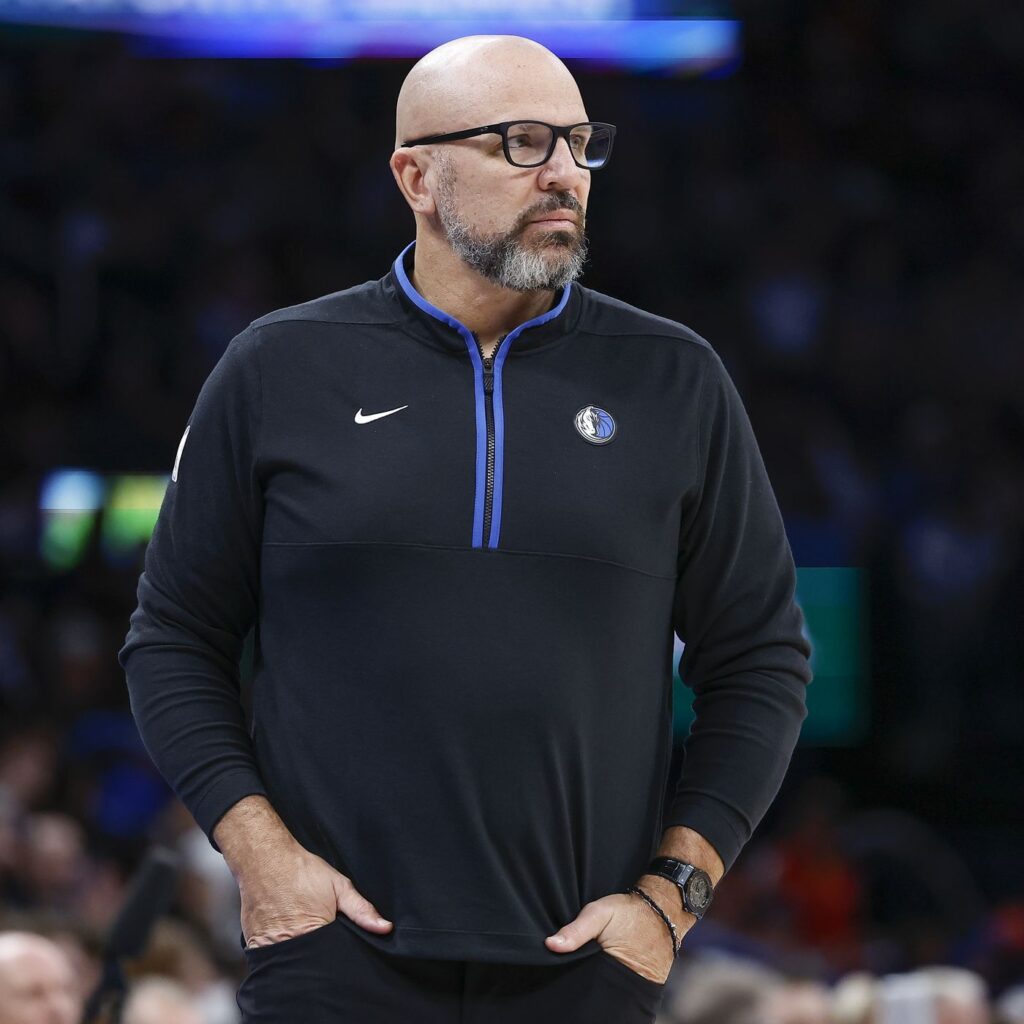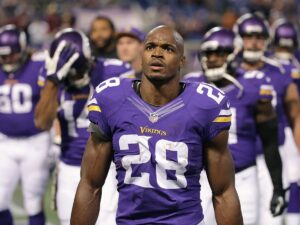
The Dallas Mavericks have encountered a rough patch in recent days, experiencing a series of setbacks that have left fans and analysts alike questioning the team’s performance and strategies. The troubles began on Sunday when the Mavericks suffered a decisive 133-111 defeat at the hands of the Indiana Pacers. This defeat was followed by another disappointing loss on Tuesday, as the Mavericks narrowly fell short against the Cleveland Cavaliers in a last-minute defeat.
The most crushing defeat came on Friday, however, when the Mavericks struggled to find their rhythm against the Boston Celtics. Despite trailing by only seven points at halftime, the Mavericks faltered in the fourth quarter, allowing the Celtics to pull away with a 36-point performance in the final period.
Amidst these struggles, speculation has arisen regarding the root cause of the Mavericks’ woes. Some have pointed to the performance of sixth-man Tim Hardaway Jr., who has struggled to find consistency on the court. Others have questioned the coaching tactics of head coach Jason Kidd, suggesting that his strategies may be contributing to the team’s shortcomings in crucial moments.
However, one potential issue that has flown under the radar is the utilization and development of newcomer Daniel Gafford. Since joining the Mavericks, Gafford has seen a decline in playing time, which has had a noticeable impact on the team’s performance.
In the Mavericks’ most recent loss, Gafford saw limited action, logging just six minutes on the court. Despite his brief appearance, Gafford showcased his defensive prowess, recording two rebounds and one block while effectively guarding players like Jayson Tatum. However, the decision to employ a small-ball lineup ultimately proved costly for the Mavericks.
This trend continued in the game against the Cavaliers, where Gafford played just seven minutes and contributed four points and two rebounds. Once again, the Mavericks opted for a small-ball approach, leaving Gafford on the sidelines.
Since his arrival in Dallas, Gafford has seen his playing time dwindle, averaging just 18.9 minutes per game compared to the 26.5 minutes he averaged with his previous team, the Washington Wizards. Over the past three games, his minutes per game have plummeted to 12.6, highlighting the team’s reluctance to utilize him effectively.
Despite his limited playing time, Gafford has demonstrated his value to the team when given the opportunity. In his first three games with the Mavericks, he averaged 21 minutes per game and delivered an impressive double-double performance with 15 points and 12 rebounds, along with 2.3 blocks per game.
Considering the investment the Mavericks made in acquiring Gafford, trading a first-round pick and Richaun Holmes to secure his services, it is imperative that they capitalize on his potential. Gafford has proven that he can be a valuable asset on both ends of the court, providing scoring, rebounding, and shot-blocking prowess.
In matchups where Gafford has seen extended playing time, such as against the Toronto Raptors, he has made a significant impact, contributing 13 points, seven rebounds, one block, and a steal in just 25 minutes of action.
While it is acknowledged that Coach Kidd’s small-ball lineup has been effective in certain situations, it is evident that Gafford’s presence on the court is beneficial to the Mavericks’ success. The team cannot afford to keep him on the bench for extended periods, particularly in critical moments of the game.
Looking ahead, the Mavericks will need to reassess their strategies and make the necessary adjustments to maximize Gafford’s contributions. As they prepare to face the Philadelphia 76ers in their next matchup, the Mavericks will look to bounce back from their recent struggles and regain momentum with Gafford playing a pivotal role in their success.






